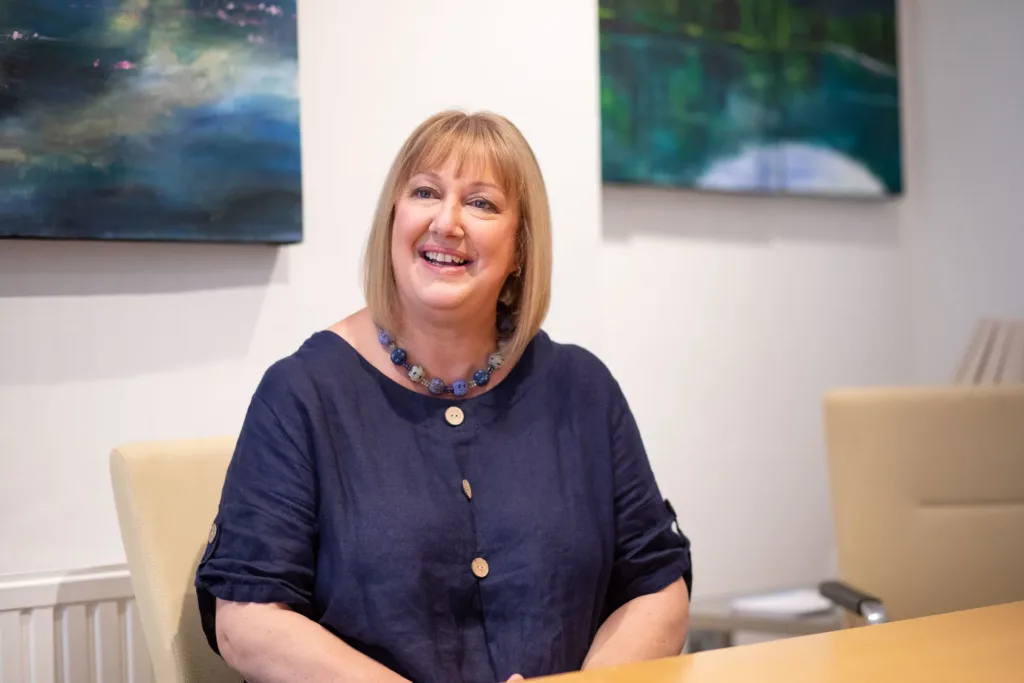Being clear and concise with financial information could help your divorce settlement, Caroline Dresden explains.
What is the financial settlement all about
Well, it’s not always a straight 50:50. Whether you settle using collaborative resolution or go to court, the reasons to settle are the same. The difference is how you deal with them and weight you give to each aspect.
The legal definition of the matters which you, or the court, take into account, is almost half a century old. Some of the elements have lost importance over the years. Nowadays, judges apply the law with more modern eyes.
The Matrimonial Causes Act 1973
The Matrimonial Causes Act 1973 lists things such as income, earning capacity and the family standard of living. It includes the age of the parties and the duration of marriage.
A “schedule of the assets” is completed. Both parties give full and frank financial disclosure. When the matrimonial pot is clear, you, or the court, need to consider the appropriate distribution of assets. The difficulty is, what is a fair outcome?
Start with what is marital, to be included and what is non-marital, to be set apart. There may be expensive arguments about inherited wealth, or post separation accrual. But don’t waste time and money on unrealistic arguments.
Apply the statute and you reach a position where you see what changes should be implemented. Reasons to depart from equality are also considered. That might be, for example, because wealth has been inherited, from a source external to the relationship. If so, ought it fairly to be set apart?
A fair distribution avoids discrimination. Over the past 30 years there have been huge changes in outcomes as women secure a more equal capital and income settlement.
What are my financial claims after a divorce?
Two years, 15 years or 40 years. No matter how long you have been married, you have the same three heads to make a claim: capital, income and pension.
Capital
After a medium or long marriage, or where there are children, there is usually a broadly equal division of the capital. The court will want to ensure that gives enough capital to the parent with care of the children. “Equal” might be 45:55 though, depending on the makeup of the assets, or the income they generate. Don’t get too hooked on percentages. Some assets may be more valuable to one party, than the other.
Income
If one party earns much more than the other, the higher earner may need to maintain the other party. The court has various options. These include joint lives maintenance or a term order. If maintenance is paid there is no clean break.
If maintenance is capitalised – a one off capital sum is paid, to provide income for life. It is a clean break. The payee cannot come back for more. A clean break is finality between the parties with no ongoing obligation.
Pension
Consider if you have a pension sharing claim and if so, upon what basis the share should be calculated. This will depend on the amounts involved, your respective ages and how long it is likely to be until you retire. An expert in pensions on divorce can prepare a report illustrating the percentage share of pension capital required.
It is likely to be income equality over the marital element of the fund, at a specific age, sometime in the future.
Summary
It is important to assess your divorce claim carefully. Give and receive full and frank financial disclosure. Understand your ongoing needs, especially if you are earning less than your spouse. Do not rely on someone else guessing.
More information
If you require bespoke advice in relation to your legal matters, our expert family solicitors can assist you. For more information, or for an initial chat, please get in touch with the Family team using the form below.
Contact usCaroline is a family law solicitor and a Legal Director at Lodders

Read more
Other news, insights and events







